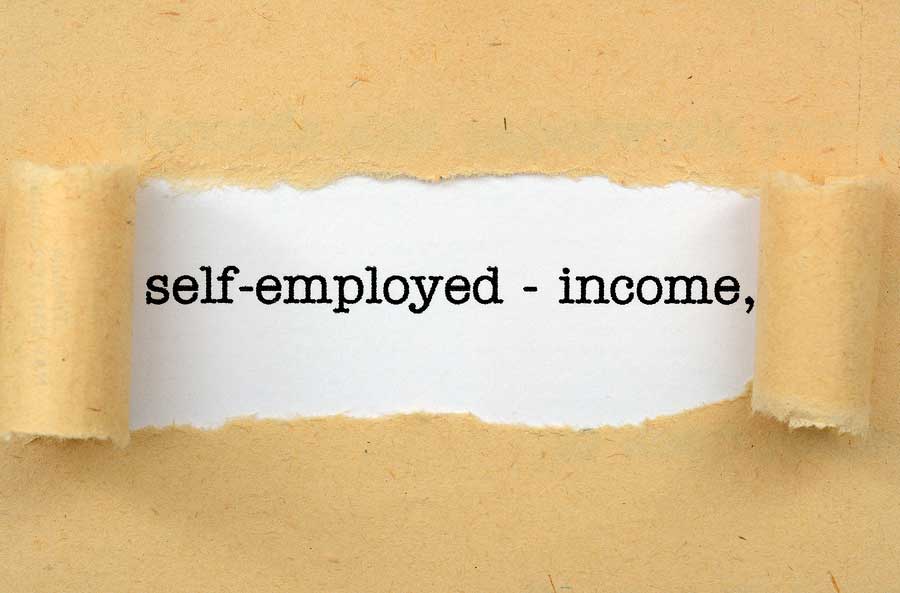There are three typical positions you may find yourself in when it comes to self-employment and divorce: Your spouse is self-employed, you are self-employed, or you both jointly own/operate a business. The first two will be discussed here, and the third will be covered separately.
My spouse is a self-employed business owner. I plan on filing for divorce soon, so is there anything I should be aware of as a result of their work status?
The major difference when divorcing a self-employed spouse versus a standard W-2 employee is the fact that a self-employed individual has more opportunity to hide or inaccurately report income. This boils down to the need for deeper examination in evaluating their finances, typically involving the services of a forensic accountant.
Under these circumstances, things will go smoothly if your spouse fully cooperates. We have seen our share of cases where cooperation isn’t on the table, and formal written discovery (with the assistance of a family law attorney) may be necessary to obtain information. If the self-employed spouse continues to be uncooperative, court intervention is necessary and unfortunately quite common. Your attorney can assist with the entire process, regardless of what actions are required to complete the examination. Once the income analysis is complete, your respective attorneys can communicate regarding the calculation of support – which can also include child support if you have kids.
My wife informed me that she is filing for divorce. She’s a stay at home mom, and I am self-employed. I’m concerned about the welfare of my business during and after this process, so what can I expect?
When you are the self-employed spouse, you will likely have to run through a forensic accounting analysis to determine cash flow and overall valuation of your business. Do not be surprised if your spouse inflates your approximate worth and tries to claim that you make a lot more money than you actually do. We’ve seen this many times, but the good news is the forensic report will set the numbers straight.
The thing you have to be most cautious with is ensuring that the information used for support (spousal and child) purposes is accurate. If you are like most spouses who run their own business, you probably don’t completely have a grasp of the small financial details, including every accounting and bookkeeping aspect. That’s what an accountant is for, right? However, if do you have an up-to-the-minute pulse on figures, it’ll make things easier. Be aware – if you are operating the business and running some personal expenses and funds through it, correctly deciphering this can be time consuming and expensive.
Regardless, it’s wise to seek the guidance and support of an experienced family law attorney to assist you. We’ve been involved in cases where the self-employed spouse attempted to work through the divorce on their own, only to find that they were overwhelmed and undergunned when it came to the welfare of their business. Feel free to contact us and we’ll get more detailed specifics about your situation, discuss the potential need for a forensic accountant’s involvement, and protect the interests of your business.
